CareerBuilder
Discover which questions are best to ask in an interview to help you decide if the job is right for you.
We’ve all been there — sitting in an interview for a new job when the dreaded question comes up: Have you got anything you’d like to ask us? At that moment your brain forgets every question it’s ever asked, leaving you stumbling for a few seconds, getting sweaty, and ultimately settling for a panicked, “Um, no, I don’t think so.”
We think answering interview questions is enough pressure without having to think of any of your own, so we’ve done the hard work for you.
Here’s our essential list of the best questions to ask during an interview.
1. Why are you hiring for this position?
This key question is so often overlooked. You need to understand the reason for the job being available. Did someone get promoted or did someone leave? And if the role has been open for a while, why? Perhaps someone turned it down or the expectations are unrealistic. Find out all you can about the reason for the job existing before you accept it. You could save yourself a real headache later.
2. What does success look like for this job?
This question shows the interviewer that you’re already thinking about your performance before the job has even begun. It also makes it clear what the expectations are, giving you an insight into how you can achieve them or, even better, go above and beyond.
3. What is your management style?
If your interview is with your potential new manager, it’s important to understand how you’ll work together. A good manager could help your career thrive, while a bad one could put you off the job altogether. Get to know how they deal with people. If they’re hands-on and you prefer space, you might not be the perfect fit.
4. Who are your main competitors?
Understanding the company’s competitors is key for any employee, and if you get to grips with them at the interview stage you’ll start the job ready to make a difference. If you spot a weakness in the business strategy, you can suggest a solution. If you see something a competitor is doing that your company is not, ask why. Not only does this make you look like an invested candidate, but it also helps you decide if you and the company are moving in the same direction.
5. What challenges is the company currently facing?
It’s good to know how your potential company is performing, both personnel-wise and in a financial sense. You don’t want to join a business that’s on the way down. If the company has had to let people go, you need to know why to make sure you’ll get job security.
6. How would you describe the company culture?
You might be right for the job, but is the job right for you? Asking about the company culture will let you know what you’re getting yourself into, and also shows the hiring manager that you care about more than just the salary.
7. What’s the best thing about working here?
If the person hiring you can’t answer this question, that should raise a few red flags. You want to be sure that you’re joining a company that values its people and rewards them fairly, and the answer to this question should tell you all you need to know. If they say, “We work hard but we play hard too,” be sure to ask about the specifics.
8. Do you have any reasons not to hire me?
This question might feel a bit blunt, but it could give you the chance to correct any misconceptions and put the hiring manager’s mind at ease. If you don’t ask you’ll never know, and the first time you get wind of any problems could be via a rejection email.
9. How do you retain your top talent?
The best companies give their best people reason to stay. This can involve regular salary reviews, bonuses and opportunities to progress. Asking this question shows that you see yourself as either being or becoming part of that top tier, and tells you whether or not this can be a long-term relationship.
10. How do I compare to your ideal candidate?
Every hiring manager has a type of person in mind when they post an ad for a job. It’s good for you to know how you match up to that, so if there are any gaps, you can provide the answers that fill them. It will also show you if the role is right and realistic for you.
11. How will this role make a difference to the business?
You want to know you’ll be making your mark. Not only will this make your job more satisfying, but it will also look better on your resume in the future.
12. What would my typical day look like?
If certain responsibilities are important to you, make sure this job includes them. This question can also help you understand if the role will make you uncomfortable or expect anything of you that you can’t achieve.
13. What are the company benefits?
And no, we don’t mean a pool table or Friday socials. They’re not real benefits. Ask about health insurance and dental care, and make sure the company rewards its people fairly for their work.
14. What are the next steps in the hiring process?
Never leave an interview without knowing what to expect next. Ask how and when you should expect an answer. This shows you’re eager to get started, and also lets you decide whether it’s worth looking for other roles in the meantime.
Graham Personnel Services is here to help you every step of the way on your job search. To get started, call or text our office at 336-288-9330, or go ahead and submit an application here, and we’ll reach out with job opportunities that best match you.
Check out some of our recent articles for tips:
- How to Write Accomplishment Examples on Your Resume
- Need a Job Now? Follow These Essential Steps
- Don’t Let Your Body Language Sink Your Job Interview
- Prepare for Your First Job Interview
- The Interpersonal Skills You Need at Work (+ How to Grow Them Today)
- 5 Ways To Keep Your Job Search Stress Under Control

